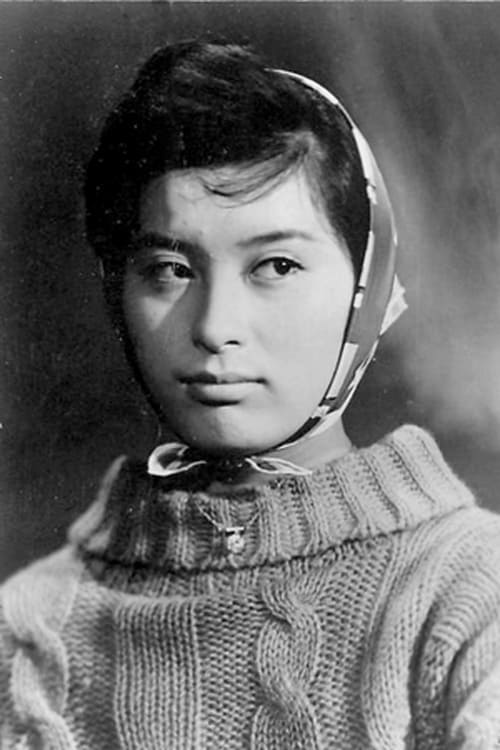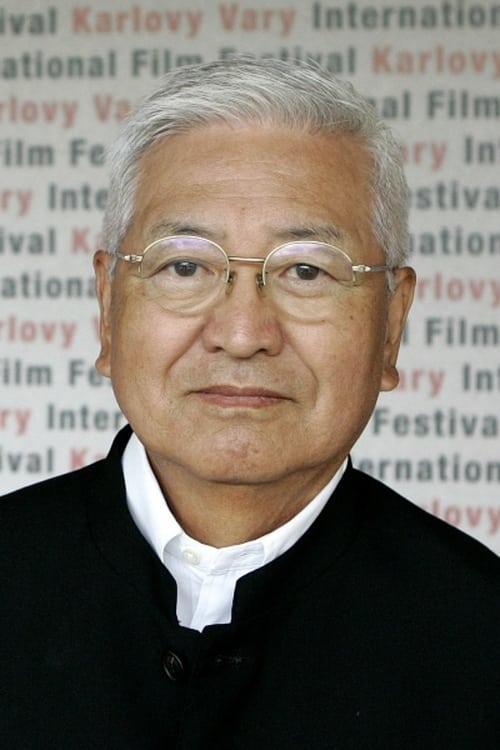One Way Ticket to Love (1960)
Genre : Music, Romance
Runtime : 1H 22M
Director : Masahiro Shinoda
Writer : Masahiro Shinoda
Synopsis
The backstage romances of an egotistical singer and his under-valued manager, a lovelorn bandman and a nude dancer.
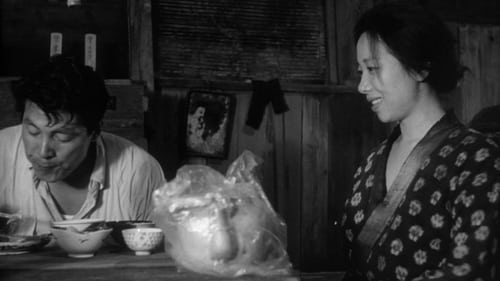
An entomologist suffers extreme psychological and sexual torture after being taken captive by the residents of a poor seaside village.

A businessman with a disfigured face obtains a lifelike mask from his doctor, but the mask starts altering his personality.
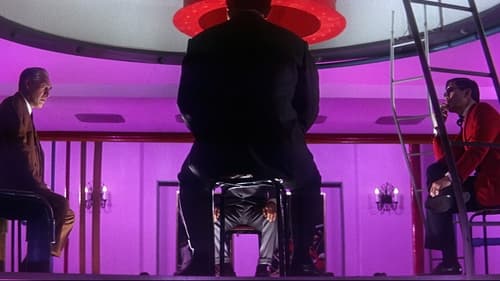
After yakuza boss Kurata dissolves his own criminal empire, a rival kingpin offers a position to Kurata's top operative, Tetsuya "Phoenix Tetsu" Hondo. When the fiercely loyal Tetsu declines, Otsuka taps unstoppable Tatsuzo the "Viper", a ruthless gun-for-hire, to assassinate him. As the Viper trails his target through the countryside, the agile Phoenix Tetsu grows concerned that one of his former associates has betrayed him.

Muraki, a hardboiled Yakuza gangster, has just been released from prison after serving a sentence for murder. Revisiting his old gambling haunts, he meets Saeko, a striking young upper-class woman who is out seeking thrills, and whose presence adds spice to the staid masculine underworld rituals. Muraki becomes her mentor while simultaneously coping with the shifts of power that have affected the gangs while he was interred. When he notices a rogue, drug-addicted young punk hanging around the gambling dens, he realizes that Saeko's insatiable lust for intense pleasures may be leading her to self-destruction.
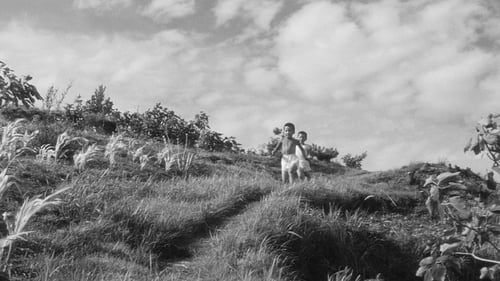
A family of four are the sole inhabitants of a small island, where they struggle each day to irrigate their crops.
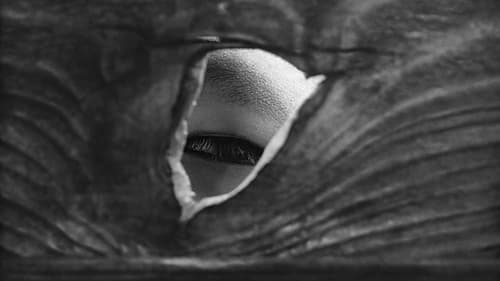
A man wanders into a seemingly deserted town with his young son in search of work. But after a bit of bad luck, he joins the town's population of lost souls.
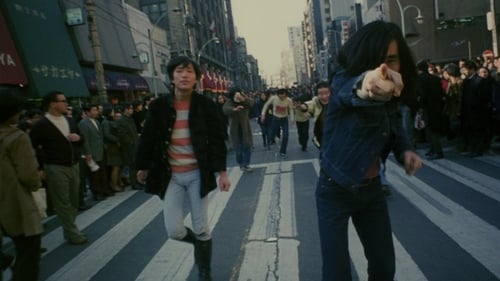
Conditions have been better for the nameless protagonist: his grandmother is a shoplifter and his war criminal father and sister have an unhealthy, intimate relationship with the family rabbit.
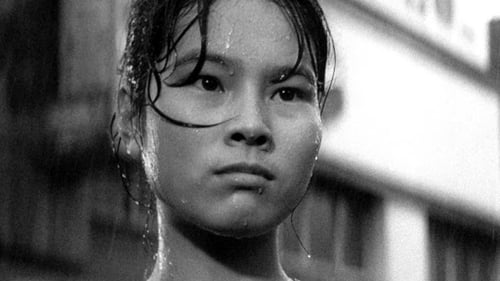
In the city of Yokosuka, Kinta and his lover Haruko, both involved with yakuza, brave the post-occupation period with a goal to be together.

In the shady black markets and bombed-out hovels of post–World War II Tokyo, a tough band of prostitutes eke out a dog-eat-dog existence, maintaining tenuous friendships and a semblance of order in a world of chaos. But when a renegade ex-soldier stumbles into their midst, lusts and loyalties clash, with tragic results. With Gate of Flesh, visionary director Seijun Suzuki delivers a whirlwind of social critique and pulp drama, shot through with brilliant colors and raw emotions.
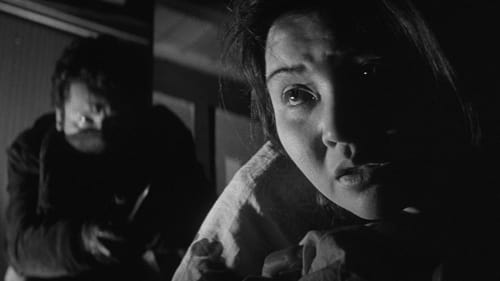
Sadako, cursed by generations before her and neglected by her common-law husband, falls prey to a brutal home intruder. But rather than become a victim, she forges a path to her own awakening.
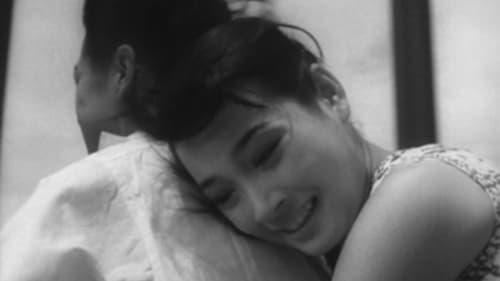
Kinichi and Akiko meet when they visit their fathers in prison. After successfully gambling on a bicycle race, they spend an enjoyable day together at the beach.
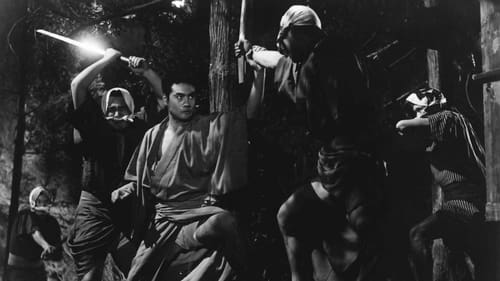
‘Tattooed Life' begins with a parasol wielding Yakuza assassin attacking a rickshaw. It almost looks like feudal Japan until somebody pulls a gun and we're reminded that it's the 20th century. Post-shooting, the assassin delivers his bounty to his brother (to pay for his art school education) before getting ambushed in one of the few rickshaw-jacking incidents in film history, and being rescued by his art-student brother. In the aftermath, one brother is marked for death by the Yakuza, and the other brother won't go to art school with blood on his hands, so they decide the perfect way to deal with such hardships is to become fugitive construction workers in northern Japan . And why not?
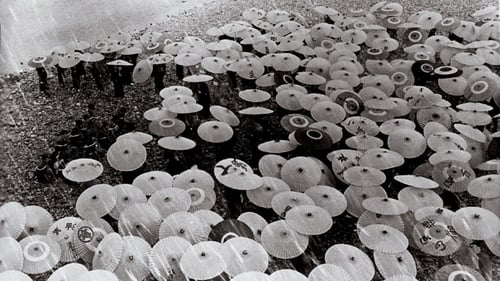
Assassination begins with the events of 1853 when "four black ships" anchored at Edo Bay, sparking civil unrest and the major political manoeuvring that saw the end of the Tokugawa Shogunate. At a time when assassination had become a disturbing political tool, Shinoda's film follows Hachiro Kiyokawa, an ambitious, masterless samurai whose allegiances drift dangerously between the Shogunate and the Emperor.
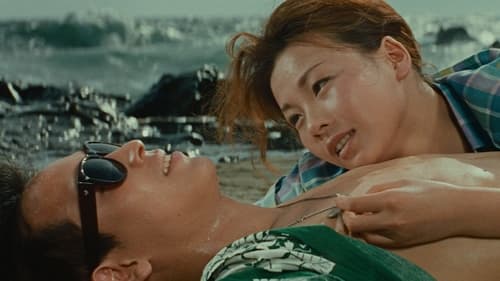
A budding gangster enthralls a freeloading young woman, soon taking advantage of her knack for hitch-hiking to rob middle-class, middle-aged men.

Two brothers compete for the amorous favors of a young woman during a seaside summer of gambling, boating, and drinking.

Subu makes pornographic films. He sees nothing wrong with it. They are an aid to a repressed society, and he uses the money to support his landlady, Haru, and her family. From time to time, Haru shares her bed with Subu, though she believes her dead husband, reincarnated as a carp, disapproves. Director Shohei Imamura has always delighted in the kinky exploits of lowlifes, and in this 1966 classic, he finds subversive humor in the bizarre dynamics of Haru, her Oedipal son, and her daughter, the true object of her pornographer-boyfriend’s obsession. Imamura’s comic treatment of such taboos as voyeurism and incest sparked controversy when the film was released, but The Pornographers has outlasted its critics, and now seems frankly ahead of its time.
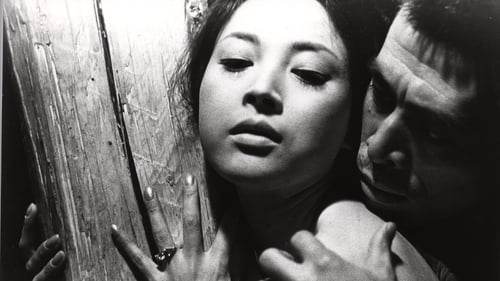
As a young woman, Oriko condemned her widowed mother for openly pursuing relationships with younger men. After her mother passes away, she finds herself in an unhappy, loveless marriage and begins to understand her mother’s actions.

Nishi is an advertising executive for a caramel company that is planning to launch a new product, in fierce competition with two other companies.
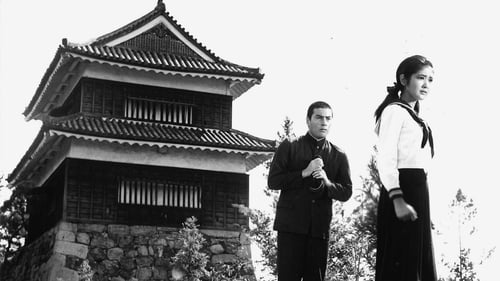
Kiroku boards with a Roman Catholic family and falls for the daughter Michiko. He ignores his feelings, joins a gang, gets in fights and, eventually, becomes involved with the radical Kita Ikki group.
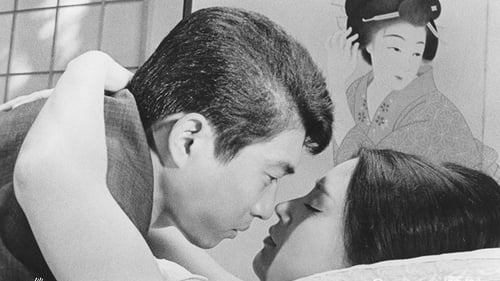
Struggling with his true emotions, dreams, memories of the past and the reality Shizuo is about to marry, but is torn between his wife-to-be and the love to his mother.


